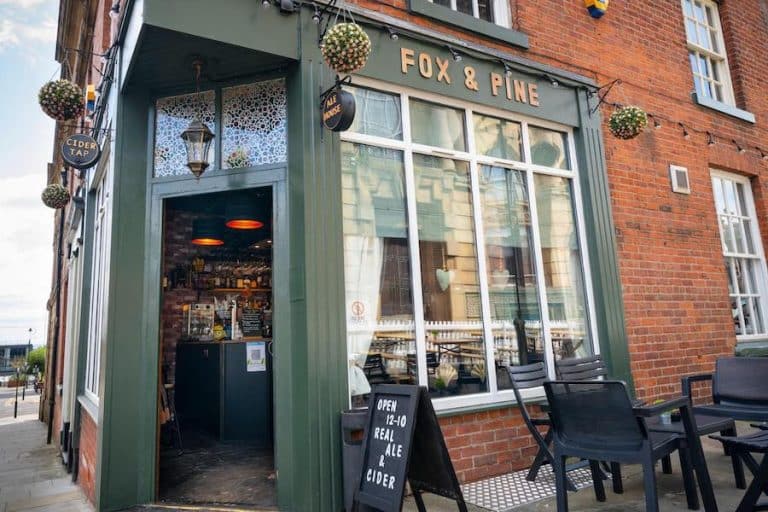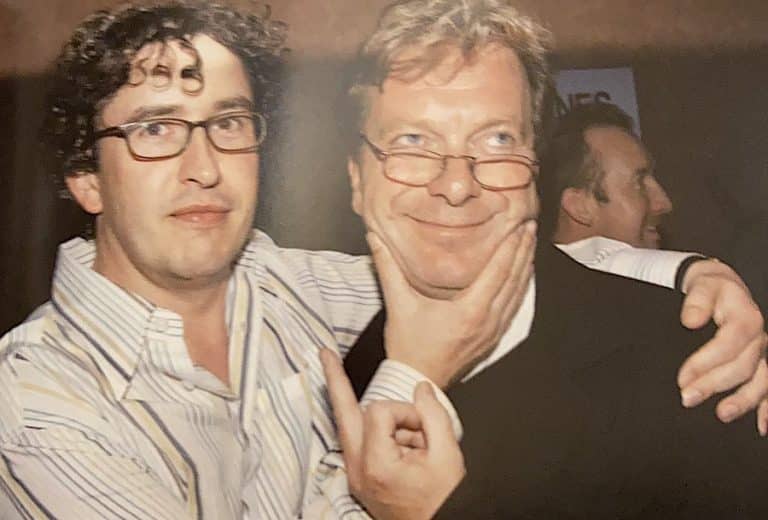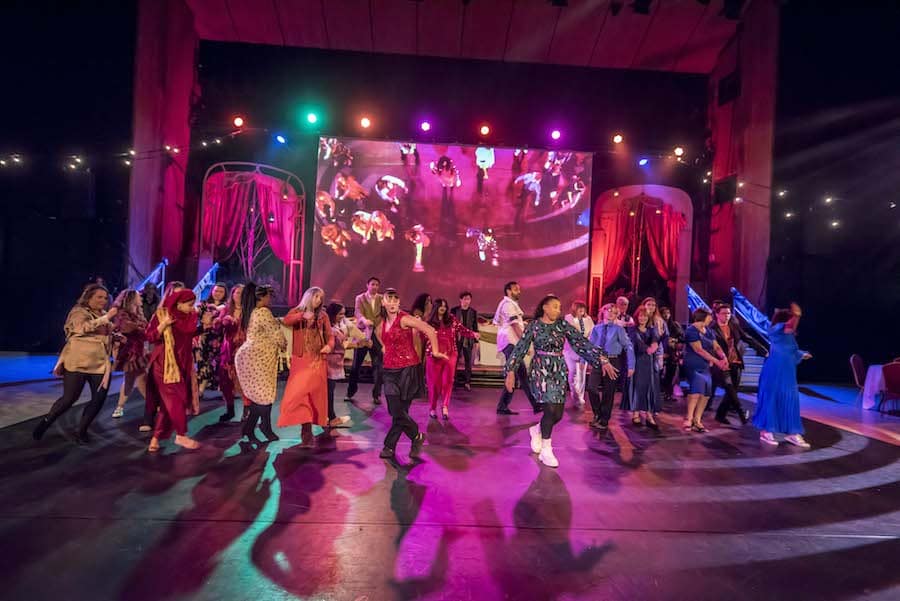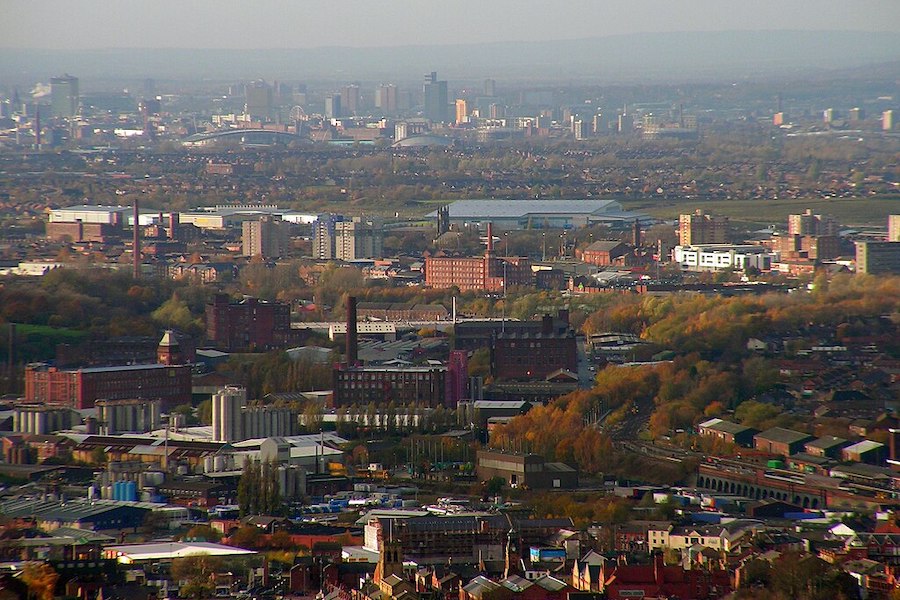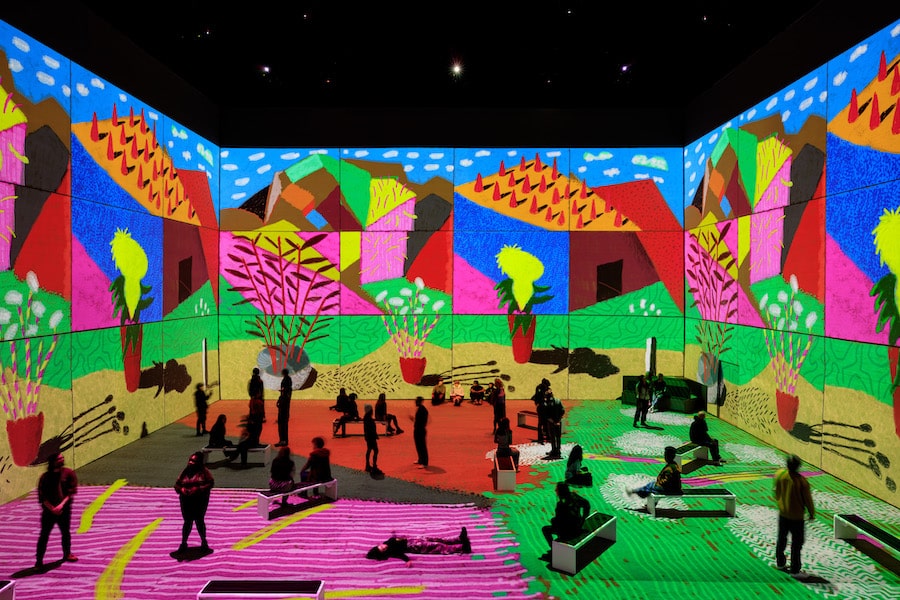Bees have been declared an endangered species – here’s how you can help nurture them in Manchester
- Written by I Love MCR
- Last updated 6 years ago
- Attractions, City of Manchester, Family & Kids
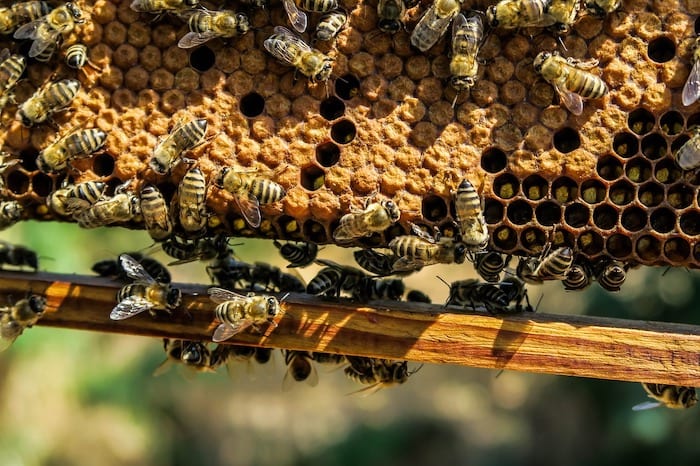
“If the bee disappeared off the face of the Earth, man would only have four years left to live,” Albert Einstein once said.
Bees were recently declared the most important species on Earth by the Earthwatch Institute.
Seventy percent of the world’s agriculture depends on bees. Without bees, we would lose the plants they pollinate and the animals which eat those plants.
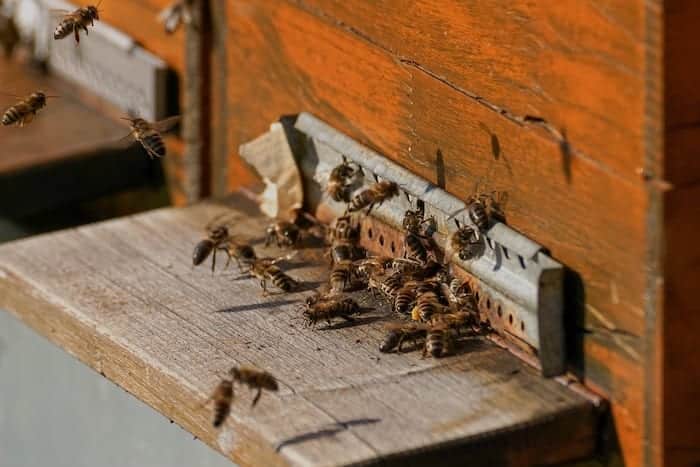
They are the only living species which does not carry any type of pathogen. That’s why it’s worrying that wildlife experts and scientists say that they have joined the endangered species long list.
In order to protect these hard-working creatures, some activists believe that we should prohibit the use of pesticides immediately, promote completely natural agricultural alternatives and carefully monitor their health and welfare.
Manchester has a special relationship with the bee. It’s become the emblem of Manchester’s industrial past. The city was a hive of activity during the Industrial Revolution and workers were dubbed ‘busy bees.’
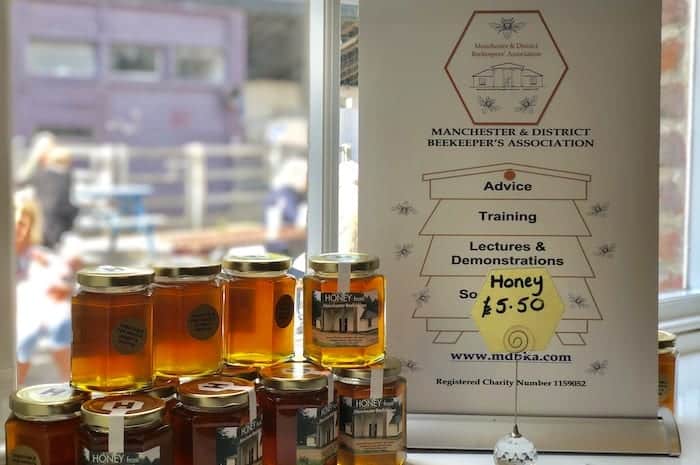
Manchester & District Beekeepers’ Association, a charity based at The Dower House in Heaton Park, train and educate members in the art of beekeeping through a range of courses, lectures, study and practical experience.
The park has a public viewing area, extraction room and a bee garden (apiary) with bee friendly plants. There are a number of honeybee hives in the apiary and also a safe observation hive in Dower House where you can watch the bees going about their business.
Learn how to help save the bees and enjoy a taste of local honey while you’re at it.
Sundays from 12pm – 3pm (winter) and 12pm – 4pm (summer).
- This article was last updated 6 years ago.
- It was first published on 21 July 2019 and is subject to be updated from time to time. Please refresh or return to see the latest version.
Did we miss something? Let us know: [email protected]
Want to be the first to receive all the latest news stories, what’s on and events from the heart of Manchester? Sign up here.
Manchester is a successful city, but many people suffer. I Love Manchester helps raise awareness and funds to help improve the lives and prospects of people across Greater Manchester – and we can’t do it without your help. So please support us with what you can so we can continue to spread the love. Thank you in advance!
An email you’ll love. Subscribe to our newsletter to get the latest news stories delivered direct to your inbox.
Got a story worth sharing?
What’s the story? We are all ears when it comes to positive news and inspiring stories. You can send story ideas to [email protected]
While we can’t guarantee to publish everything, we will always consider any enquiry or idea that promotes:
- Independent new openings
- Human interest
- Not-for-profit organisations
- Community Interest Companies (CiCs) and projects
- Charities and charitable initiatives
- Affordability and offers saving people over 20%
For anything else, don’t hesitate to get in touch with us about advertorials (from £350+VAT) and advertising opportunities: [email protected]
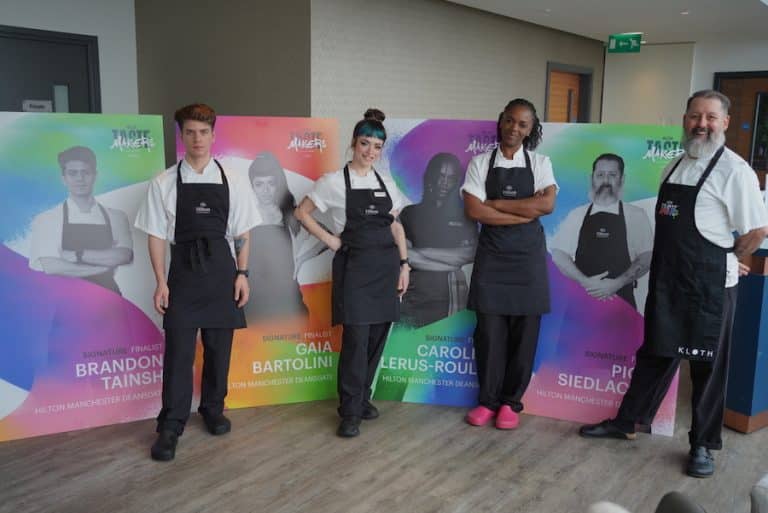
Hilton Manchester Deansgate’s superstar chefs shine on the world stage
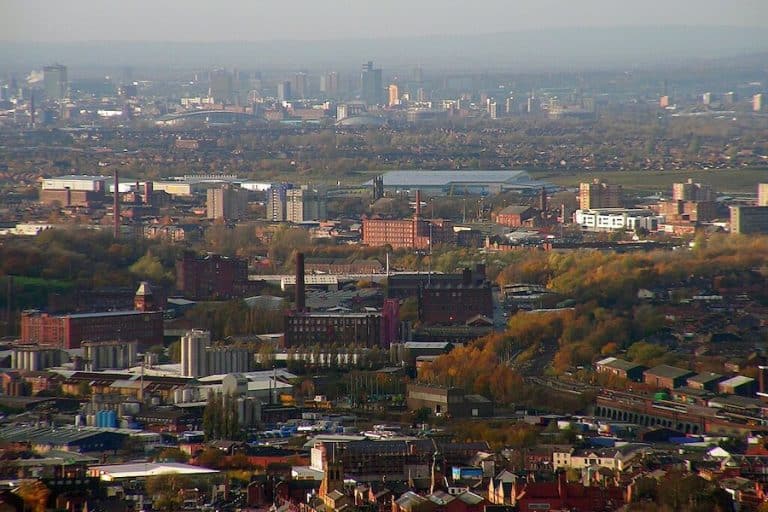
Stalybridge to get multi-million pound makeover of public spaces

Review: The Engagement Party at Queen Elizabeth Hall ‘is full of immersive fun’
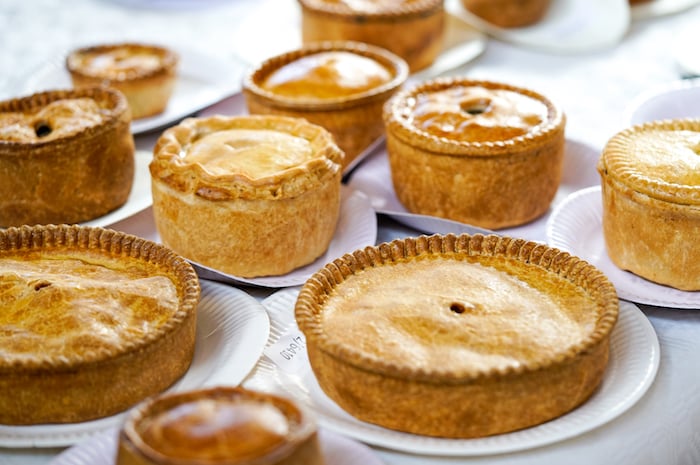
Piehard: where to get the best pies in and around Manchester
